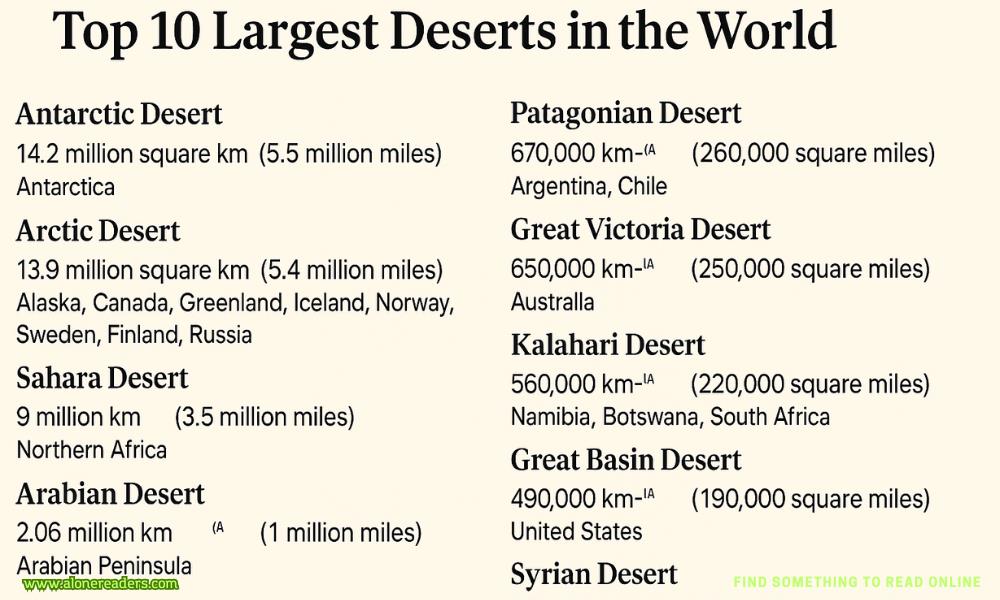Page 66 of Rebellion's Fire
“It matters because it’s right.”
“Isit right?” she pursued. “That all these people should die or lose their homes and livelihoods so that your family can be kings?”
His eyes, which had been gazing ahead, dropped to meet hers. “People have always died and lost and grieved. They always will.”
“As long as men make war for their own ends.”
“Women make war, too,” he pointed out.
Not as often.She closed her mouth on the words which only sounded childish. No one knew better than she did that war was part of life. “Sometimes I wish it could be different,” she said.
Unexpectedly, he nodded, as if he understood. “So do I. But it won’t be. We’ll always fight for something. And maybe we should.”
She said, “I don’t want to fight.”
“And yet you defend and support the King of Scots. Rhuadri, your father, fought for mine against King David.”
“I never knew that until I came here. I think my mother was always loyal to the King of Scots. Even in England and in Normandy, she brought me up to believe in that loyalty.”
“I suppose she would have,” Adam said obscurely.
As they talked more, she discovered that he could read and write in Latin as well as in English, French, Gaelic, and Norse. However isolated the southern Scots imagined the MacHeths to be, his education had not been lacking. Apparently, the Bishop of Ross himself had been his teacher.
“He says we made him a better teacher by being such bad pupils,” Adam said, making her laugh.
“I think you were mischievous, not bad,” she guessed.
“I think the same of you.”
She twisted around to peer up at him uncertainly. And yet now it seemed easy to say, “Are you talking about my disgrace?”
“The man your husband killed in Perth—was never your lover, was he? Though perhaps he wanted to be.”
“I was foolish,” Christian said. “He was kind, and I wanted a friend. I don’t believe he meant me any dishonor. But he paid the price for kindness when William challenged and killed him.”
There was no pity in Adam’s eyes. “So did you.”
She shrugged and straightened in the saddle. “William couldn’t have proved my guilt to the world more forcefully if he’d tried. There was no point, then, in even trying to explain the truth. No one was interested, least of all my husband. And then I realized the strangest thing of all—I didn’t care. All I wanted was to come home to Tirebeck. And for once, my wishes and William’s were in accord.”
But that was enough. She didn’t want to speak of William to him. She didn’t want tothinkof William in these stolen hours. And as if he understood—or didn’t want to dwell on William either—he changed the subject. There was, it seemed, so much to talk about.
They even discussed poetry, about which Adam seemed to know a surprising amount, including spoken Gaelic and Norse traditions, and texts both ancient and modern. He didn’t think much of the new fashion of love poetry from France, which he claimed was too unrealistic to believe in.
It should have given her the clue. An honorable knight loving another knight’s lady from afar, setting her on a pedestal to serve her and bring her gifts to prove his love was, in his eyes, nonsense. It was a reminder to rein in her imagination, her wayward emotions. But they were discussing literature, not life.
And then, through a thinning forest, she caught glimpses of a large hall with rambling extensions and outbuildings, much more splendid than the simple house at Tirebeck.
“Where is that?” she asked him. “I’ve never seen it before. We must still be miles from Tirebeck.”
“We are.”
She frowned, the first hint of unease finally twitching in her mind. “Who lives there?”
“I do,” said Adam MacHeth. “I told you we were going home.”
It seemed he caught her out every time.
Chapter Seventeen
- Cinderella and the Outback Billionaire by Kelly Hunter
- Beautiful Venom by Rina Kent
- Connor by Samantha Skye
- Mated by Jenika Snow
- Daddy by J.L. Quick
- Fetch by M. Violet
- Loving My Brother's Best Friend by Lena Little
- Hot Cops by Mari Carr
- The CEO by Alexis Winter
- Phixmery by S.E. Alexander
- Veil of Smoke by Sarah Sterling
- Veil of Ashes by Sarah Sterling
- Giovanni the Savage by Sarah Sterling
- Summer Love by Lea Coll
- Sullied Saints by Eva Heart
- Stalked by Leo Rivers







